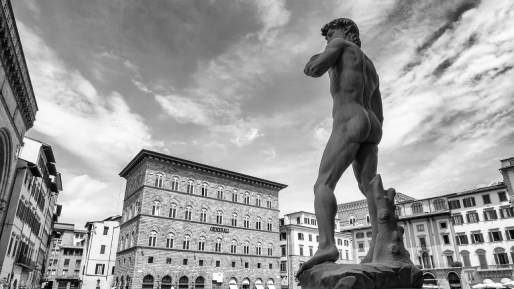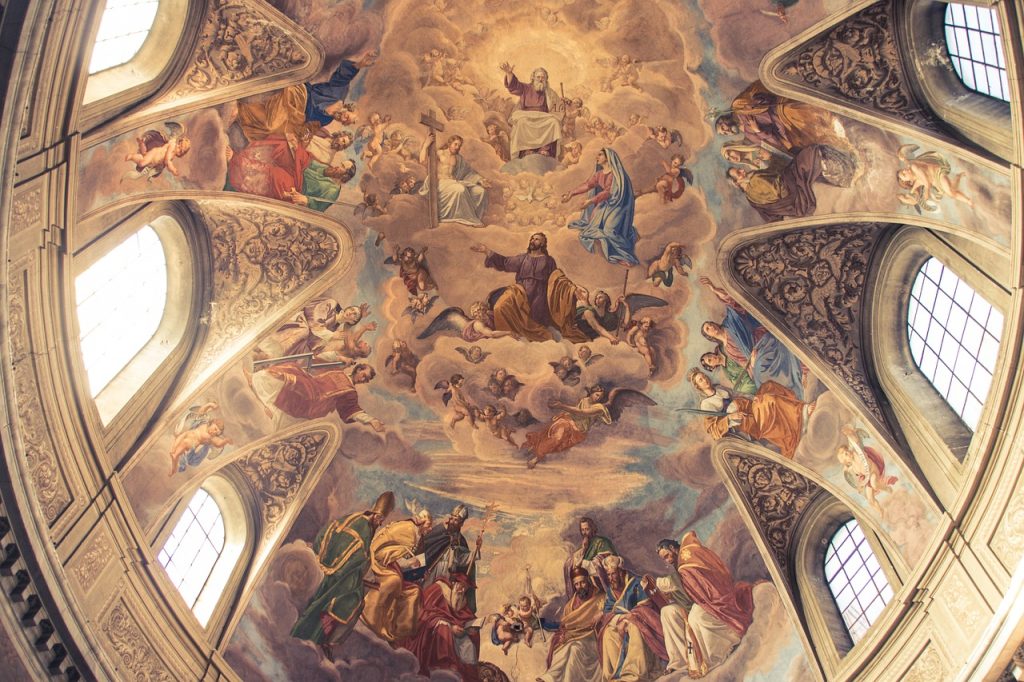Florence, as you may imagine, boasts a rich and captivating history. Among the many fascinating chapters that have shaped Florence’s cultural and artistic heritage, none are as prominent as the Medici family. Rising to prominence during the Renaissance, the Medici dynasty left an indelible mark on the city, elevating Florence into a hotbed of artistic, intellectual, and political brilliance. In this post, we will delve into the Medici legacy, exploring their remarkable contributions and the lasting impact they have had on the city of Florence.

The Medici family’s ascent to power began in the 14th century when they established themselves as influential merchants and bankers. Their banking empire allowed them to accumulate immense wealth and political clout. Guided by their astute business acumen, the Medicis swiftly rose through the ranks, becoming the de facto rulers of Florence.
One of the most remarkable aspects of the Medici legacy is their unwavering support for the arts. Recognizing the transformative power of culture, they generously patronized artists, sculptors, architects, and writers of the time. This unparalleled patronage nurtured the talents of visionaries such as Michelangelo, Botticelli, Brunelleschi, and Leonardo da Vinci, who produced some of their most celebrated masterpieces under Medici sponsorship. The Medici family left an indelible mark on Florence’s architectural landscape. They commissioned the construction of iconic structures such as the Palazzo Medici Riccardi, Palazzo Vecchio, and the renowned Uffizi Gallery. These architectural marvels not only served as lavish residences but also as cultural hubs, showcasing the Medici family’s appreciation for beauty and intellectual pursuits. Recognizing the importance of knowledge and education, the Medici family also established libraries and academies, including the renowned Laurentian Library. These institutions became gathering places for scholars and intellectuals, fostering the exchange of ideas and propelling Florence to the forefront of intellectual thought during the Renaissance.
Beyond their contributions to art and culture, the Medici family played a significant role in Florentine politics. They skillfully navigated the complex web of alliances and rivalries, fostering peace and stability during a time of political turmoil. Several family members, including Lorenzo the Magnificent, held positions of power, influencing not only local affairs but also the broader political landscape of Italy. The Medici family’s banking empire was a cornerstone of their power and influence. Through their extensive financial networks, the Medicis facilitated international trade and established branches across Europe. Their banking practices introduced innovative concepts such as the double-entry bookkeeping system, revolutionizing financial transactions and contributing to the economic prosperity of Florence.

The Medici legacy in Florence is a testament to the transformative power of patronage, art, and intellectual curiosity. Their unwavering support for the arts, their architectural endeavors, and their political acumen shaped Florence into a crucible of creativity and innovation during the Renaissance. Today, the Medici family’s enduring influence can be witnessed in the city’s magnificent art collections, architectural treasures, and vibrant cultural scene. Florence owes much of its allure to the Medici dynasty, whose legacy continues to captivate visitors and inspire generations to come.
